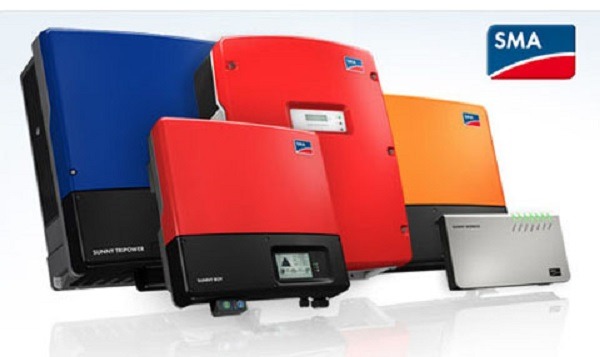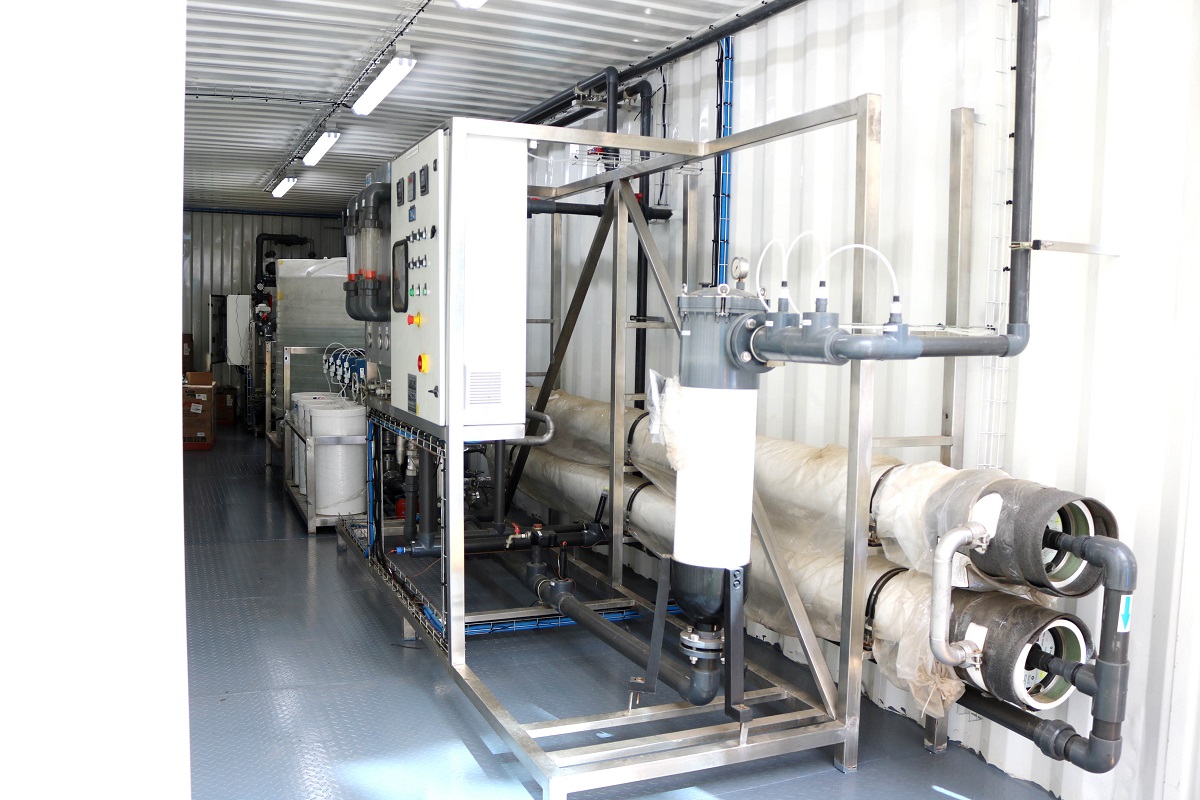Davis & Shirtliff has partnered with Germany’s biggest solar company SMA Solar Technology, in a partnership that has seen Davis & Shirtliff appointed regional partner for SMA inverters. SMA is a producer and manufacturer of solar inverters for photovoltaic systems with grid connection, off-grid power supply and backup operations and is present in 20 countries. The company made sales worth 900 million euros in 2017.
The SMA solar system as explained by Davis & Shirtliff’s Technical Director Eng Philip Holi works on the grid-connected photovoltaic power system, or grid-connected PV system. This is an electricity generating solar PV system that is connected to the mains supply. It consists of solar panels, one or several SMA inverters, a power conditioning unit and grid connection equipment.
“The system ranges from small residential and commercial rooftop systems to large utility-scale solar power stations. Unlike stand-alone power systems, a grid-connected system rarely includes an integrated battery solution, as they are still very expensive. With necessary approval by Energy Regulatory Commission, the grid-connected PV system supplies the excess power, beyond consumption by the connected load, to the utility grid,” Holi explained.
The manufacturing industry is being urged to adopt clean and renewable energy sources like solar to power their plants and help their business cut costs and become more energy independent. Companies and organisations of all shapes and sizes and in nearly every sector are making concrete moves to install solar systems to lower their energy bills, according to water and energy solutions provider Davis & Shirtliff.
‘’Manufacturers in the country utilise a significant amount of electricity during the production process. All of this energy constitutes a major overhead cost for the organization, in addition to contributing to a significant amount of pollution to power the plant. The adoption of solar power technology by manufacturing companies will significantly lower the cost of production by cutting the cost of power and in turn feed into fulfilling the government’s objective of having the sector contribute 20 per cent of the GDP from the current 9.2 per cent as part of the Big Four Agenda,’’ said Holi.
He further noted adopting the SMA solar technology will give manufacturers a chance to generate their own power and even store or sell the surplus.
“Power costs are one of the highest cost inputs in any manufacturing plant. The cost of utility power has continued to rise, thus increasing the cost of manufacturing. Manufacturing plants and home owners have become frustrated with the ever rising electricity rates and the lack of control they have over their energy costs. Installing a solar system could reduce electricity bills substantially and thus reduce the cost of manufacturing,” Holi.
The company says uptake has so far been impressive, having supplied over 70 grid connect SMA inverters into the market. Major projects have also been surveyed and are expected to be implemented in 2019.
He pointed out that: “If a grid connect system is producing more power than is being consumed, the surplus is fed into the mains power grid. With the necessary approval, Kenya Power will meter the electricity fed into the grid by your system and provide a credit on your bill (net-metering). When the solar cells are not producing power, for example at night, your power is supplied by the mains power grid as usual. Kenya Power charges the usual rate for the power used.”
In areas where the net-metering is not possible, due to regulations, Holi added that the solar power must not be greater than the load power, to ensure that all the solar power generated is consumed internally without exporting excess to the grid.
Holi pointed out that the government could play its part in helping manufacturing companies adopt solar power by financing of solar projects.
READ: KENYA’S TOURISM REVENUE JUMPS TO KSH 157.4 BILLION
“The Government should remove import duty and VAT on the solar accessories to reduce on the cost of installing the solar system. Financing of solar project has also been an issue and the Government can include subsidy on solar installations and some financing mechanism such as cheaper non-interest loans,” said Holi.












2 Comments